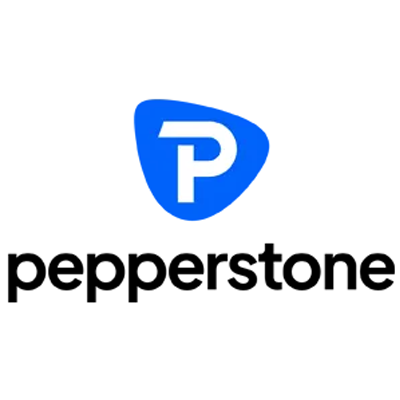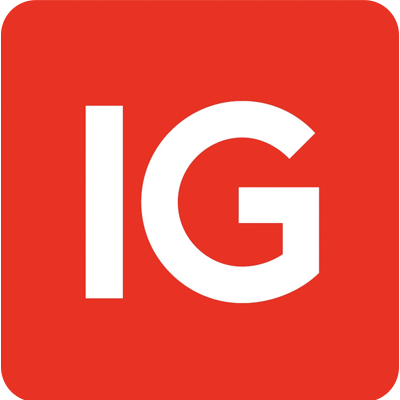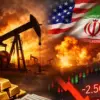
How We Ranked the Best Forex Brokers for the Middle East and Africa (MENA)
Retail participation has grown rapidly across the Middle East and North Africa in recent years. Financial centres such as Abu Dhabi and Dubai now host a large number of global firms, while markets in Saudi Arabia, Qatar and Egypt continue to expand. To help traders navigate this landscape, we have evaluated and ranked the Best Forex Brokers in MENA for 2026, highlighting those that combine strong regulation, reliable platforms and localised support.
Our review is built on independent research using the FX Trust Score Index. Each broker was examined for platform quality, pricing, fund protection and client service, with additional weight given to regional suitability. Localisation was a key test. We assessed each broker’s regional suitability, including local presence, language support, payment infrastructure and account structures designed for traders in the region. Only reputable, regulated firms made the final list, with preference given to licences from the UAE’s Securities and Commodities Authority (SCA) and the Dubai Financial Services Authority (DFSA).
Local Considerations for MENA Traders
Choosing a forex broker in the MENA region often involves additional considerations beyond pricing and platforms. Traders may prioritise access to regionally authorised entities, clarity around account conditions, responsive local support and ease of funding in domestic currencies. The brokers featured in this guide were selected based on their ability to serve MENA clients consistently, with particular emphasis on transparency, operational presence and overall trust score within the FX Trust Score Index.

Best MENA Brokers Leaderboard
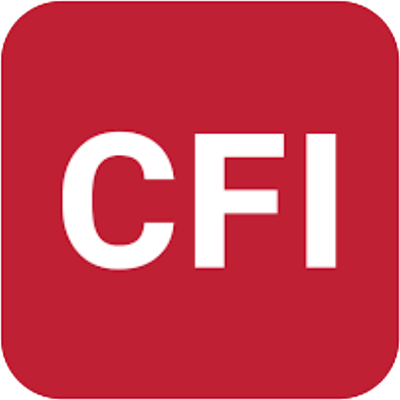

CFI
Rating: 4.65 / 5






*Trading carries a risk of loss





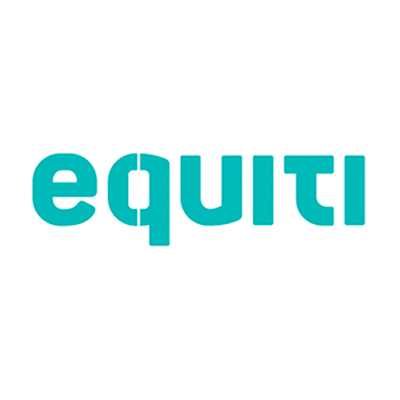

Equiti
Rating: 4.5 / 5




*Trading carries a risk of loss
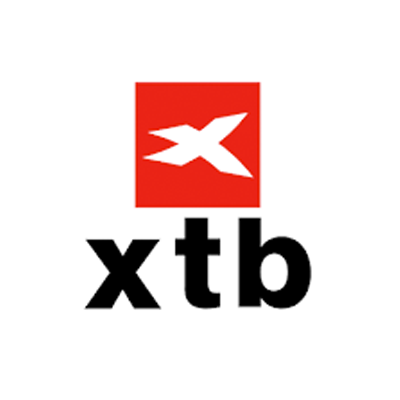

XTB
Rating: 4.45 / 5




*Trading carries a risk of loss




Score Breakdown
See the review ratings breakdown for the Best Forex Brokers in the Middle East and Africa (MENA) and how each performed across six important criteria featured in our FX Trust Score Index. You can also see where these brokers rank in our full Broker Data Index.
| Regulatory Compliance | Security & Fund Protection | ||
|---|---|---|---|
| CFI | 5/5 | Equiti | 5/5 |
| Equiti | 5/5 | IG | 5/5 |
| IG | 5/5 | Pepperstone | 5/5 |
| Pepperstone | 5/5 | XTB | 5/5 |
| XTB | 5/5 | CFI | 4/5 |
| Customer Support | Localisation | ||
| CFI | 5/5 | CFI | 5/5 |
| Pepperstone | 4/5 | Equiti | 5/5 |
| XTB | 4/5 | IG | 5/5 |
| Equiti | 3/5 | Pepperstone | 5/5 |
| IG | 3/5 | XTB | 5/5 |
| Local Payment Methods | Online Reputation | ||
| CFI | 4/5 | CFI | 5/5 |
| Equiti | 4/5 | Pepperstone | 5/5 |
| IG | 3/5 | Equiti | 4/5 |
| Pepperstone | 3/5 | IG | 4/5 |
| XTB | 3/5 | XTB | 4/5 |
*Where scores are tied, brokers are listed in alphabetical order.

Broker Review Rating Comparison
Marks out of 5 stars
CFI rating 4.65 / 5
Pepperstone rating 4.6 / 5
Equiti rating 4.5 / 5
XTB rating 4.45 / 5
IG rating 4.35 / 5

The FXTS Verdict
CFI takes first place as the Best Forex Broker in MENA. It achieved consistently high marks across the criteria and offers a broad range of markets, tools and education. The firm holds multiple licences, including the FCA in the UK, the FSCA in South Africa, the FSA in Seychelles, the SCA in the UAE and the FRA in Egypt. Its regional footprint is a major strength, with six offices across the Middle East and North Africa located in the UAE, Egypt, Oman, Jordan, Lebanon and Palestine.
Pepperstone finishes second, supported by a wide set of top tier licences, a proprietary trading option alongside third party platforms, a swap free account and convenient local payment methods. Equiti, regulated by the SCA, takes third place, offering access to a selection of MENA equities and maintaining offices in both Abu Dhabi and Dubai. XTB is a strong inclusion thanks to its multi jurisdictional oversight via the KNF, FCA, CySEC and DFSA, as well as a deep library of educational content. Rounding out the list, IG holds a DFSA licence in the region and provides more than 17,000 instruments, several platform choices and a well regarded IG Academy.

How did we choose the Best Forex Brokers in MENA?
We began by excluding unregulated entities and shortlisting only fully licensed brokers with a demonstrable presence in the region. This ensures the firms on our leaderboard operate under clear rules on client money, fee transparency and disclosure. We then verified each broker’s regional operations, looking for on the ground evidence such as offices, language coverage, support hours aligned to Gulf time zones and the availability of Islamic trading conditions.
After the preliminary screening, each broker was assessed using the FX Trust Score Index. We scored them across six core pillars: regulatory compliance, security and fund protection, customer support quality, localisation, local payment methods and online reputation. The aggregated scores produced the final rankings and the commentary above, giving traders in MENA a clear view of the most reliable options for this year.
This guide has been reviewed and verified for accuracy to ensure data is valid and relevant for 2026.

FAQs
The Middle East and North Africa, commonly known as MENA, is a geographic region featuring a diverse array of countries. While there is no officially defined list of MENA nations, it is generally accepted that it includes the following 20 countries: Algeria, Bahrain, Djibouti, Egypt, Iran, Iraq, Jordan, Kuwait, Lebanon, Libya, Morocco, Oman, Qatar, Saudi Arabia, Somalia, Sudan, Syria, Tunisia, United Arab Emirates and Yemen.
The best brokers in MENA are fully authorised and licensed with reputable local regulatory bodies. Leading MENA-based financial regulators include the UAE’s SCA and DFSA, along with the CMA in Saudi Arabia and Egypt’s FRA. Individuals opting to trade with an unlicensed broker potentially place their funds at significant risk as these companies are not bound by strict regulatory rules and procedures. Discover the best forex brokers in MENA by checking out the final FX Trust Score leaderboard above.
Search for a fully licensed broker that is registered to offer trading services in MENA. It is important to check that the company is authorised with a local, MENA-based regulatory body. Leading regulators in the region include the CMA in Saudi Arabia, the FRA in Egypt and the SCA and DFSA in the UAE. Once this is established, the next step is to properly compare each of the brokers’ product offerings. Review all the key features, such as trading conditions, pricing, payment methods, trading platforms and swap-free account availability.
Forex trading is halal, or allowed, if it follows Islamic principles. While the matter has been debated by religious scholars, it is generally accepted that forex trading is permissible under Sharia law, provided it meets certain conditions. To be classed as halal, there must be no riba, or interest, meaning trading accounts should be swap-free and not feature any overnight charges. Also, each transaction should be exchanged immediately (Taqabudh) as spot trading. Traders should also ensure there is no speculation (Gharar) or gambling (Maisir) involved.
Yes, Muslims can trade forex, provided they meet certain conditions. To ensure halal trading practices, traders must avoid riba (interest), speculation (Gharar), and gambling (Maisir). They should only trade with brokers that offer swap-free (Islamic) account options, as these do not charge overnight fees. Lastly, traders should exchange currencies immediately and have actual control over the assets, rather than theoretical ownership.
There are several licensing authorities that oversee and regulate MENA forex brokers. In the UAE, the main regulators are the Securities and Commodities Authority (SCA) and Dubai Financial Services Authority (DFSA). Meanwhile, the Egypt Financial Supervisory Authority (FRA) and the Capital Market Authority (CMA) of Saudi Arabia are both prominent financial watchdogs in the region.
Publication date:
14/04/2025
Author: FX Trust Score
Last updated on January 21, 2026
